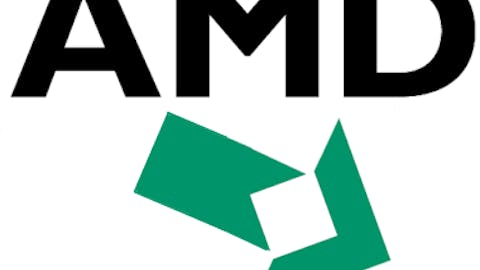In the U.S., Johnson & Johnson‘s Invokana is the only SGLT-2 inhibitor currently approved by the FDA. However, that could change soon with AstraZeneca and Bristol-Myers’ Forxiga expected to get a ruling on an approval from the FDA in Jan. 2014. Forxiga was actually denied in Jan. 2012 because of concerns of elevated bladder and breast cancer incidence in trials, so it should be interesting to see if J&J will soon have a new competitor.
Ultimately, with a favorable long-term safety outlook, and more intriguing weight control aspects than DPP-4 inhibitors, I can see SGLT-2 slowly pushing DPP-4 inhibitors into obsolete status over the next three years.
Dexferrum injection as a treatment for dialysis-induced iron deficiency
Unlike the previous two drug classes, this drug is in a class of its own. Dexferrum is an iron injection given to dialysis patients whose iron deficiency is caused by the dialysis process. It’s been a standard of care treatment for as long as I can recall, but it also comes with potentially serious side effects, which can include anaphylactic-type reactions, blood clots, and iron toxicity.
What’s going to replace it? Last week, Rockwell Medical Inc (NASDAQ:RMTI) reported its late-stage results for its second of two studies, which demonstrated that its soluble ferric pyrophosphate, or SFP, which is administered within the dialysate, met its primary and secondary endpoints. The primary endpoint was a statistically significant change in hemoglobin levels from the beginning of treatment to the end, while its secondary endpoints include hemoglobin and reticulocyte maintenance, and an increase in serum iron pre-to-post treatment, without an increase in ferritin.
What’s notable about Rockwell Medical Inc (NASDAQ:RMTI)’s SFP is that, when given within the dialysate as opposed to dexferrum given separately via an injection, there was little difference between the safety profile of the placebo and SFP, save for one factor: there were no instances of anaphylaxes reported in trials. With an improved safety profile relative to the current standard of treatment, assuming SFP is approved by the FDA — a new drug application filing is expected early in 2014 — it has a good shot at becoming the new standard of treatment in iron-replacement therapy for dialysis patients.
The article 3 Drug Classes That May Become Obsolete Within 3 Years originally appeared on Fool.com and is written by Sean Williams.
Fool contributor Sean Williams has no material interest in any companies mentioned in this article. You can follow him on CAPS under the screen name TMFUltraLong, track every pick he makes under the screen name TrackUltraLong, and check him out on Twitter, where he goes by the handle @TMFUltraLong.The Motley Fool owns shares of, and recommends Johnson & Johnson. It also recommends Gilead Sciences and Vertex Pharmaceuticals.
Copyright © 1995 – 2013 The Motley Fool, LLC. All rights reserved. The Motley Fool has a disclosure policy.




